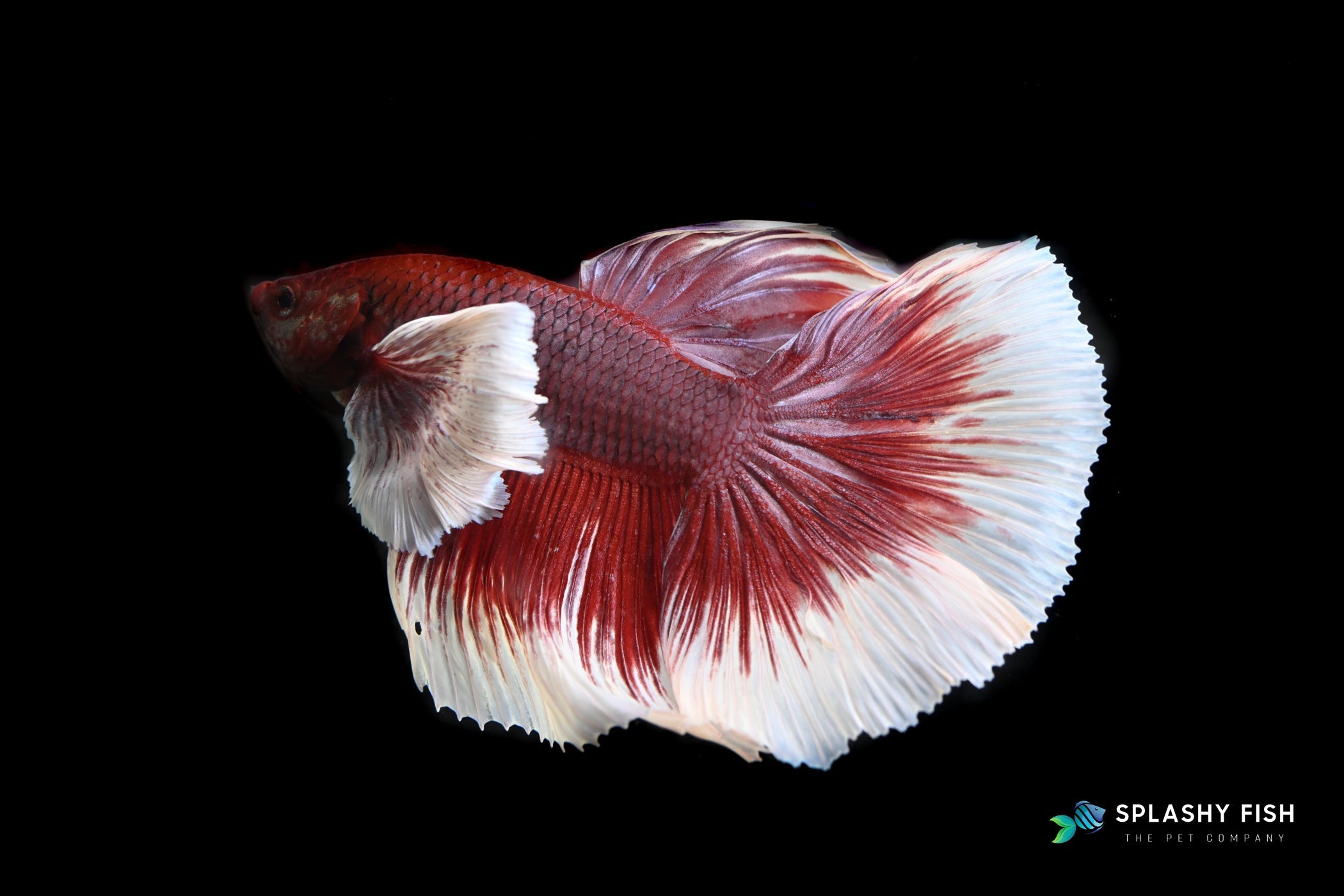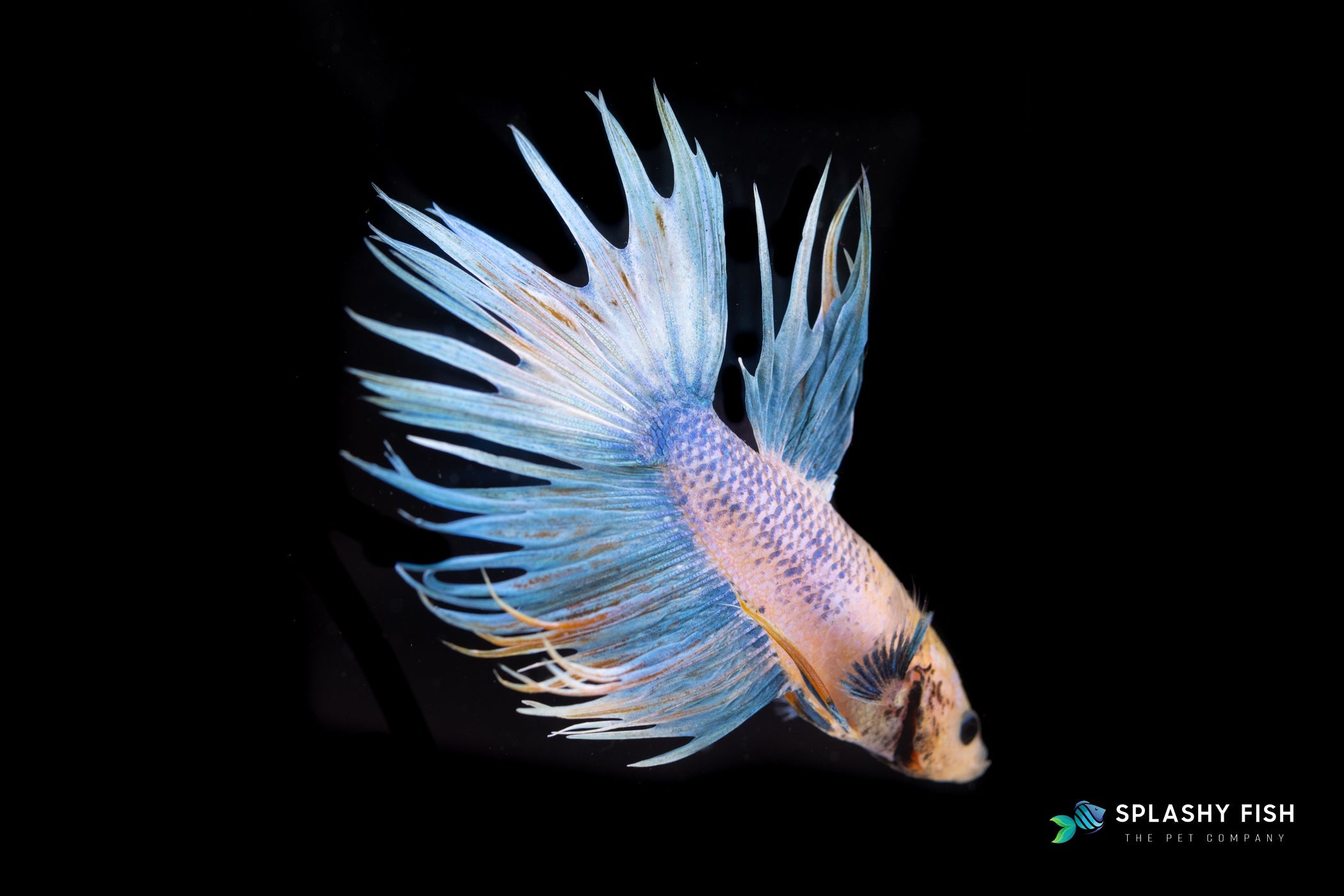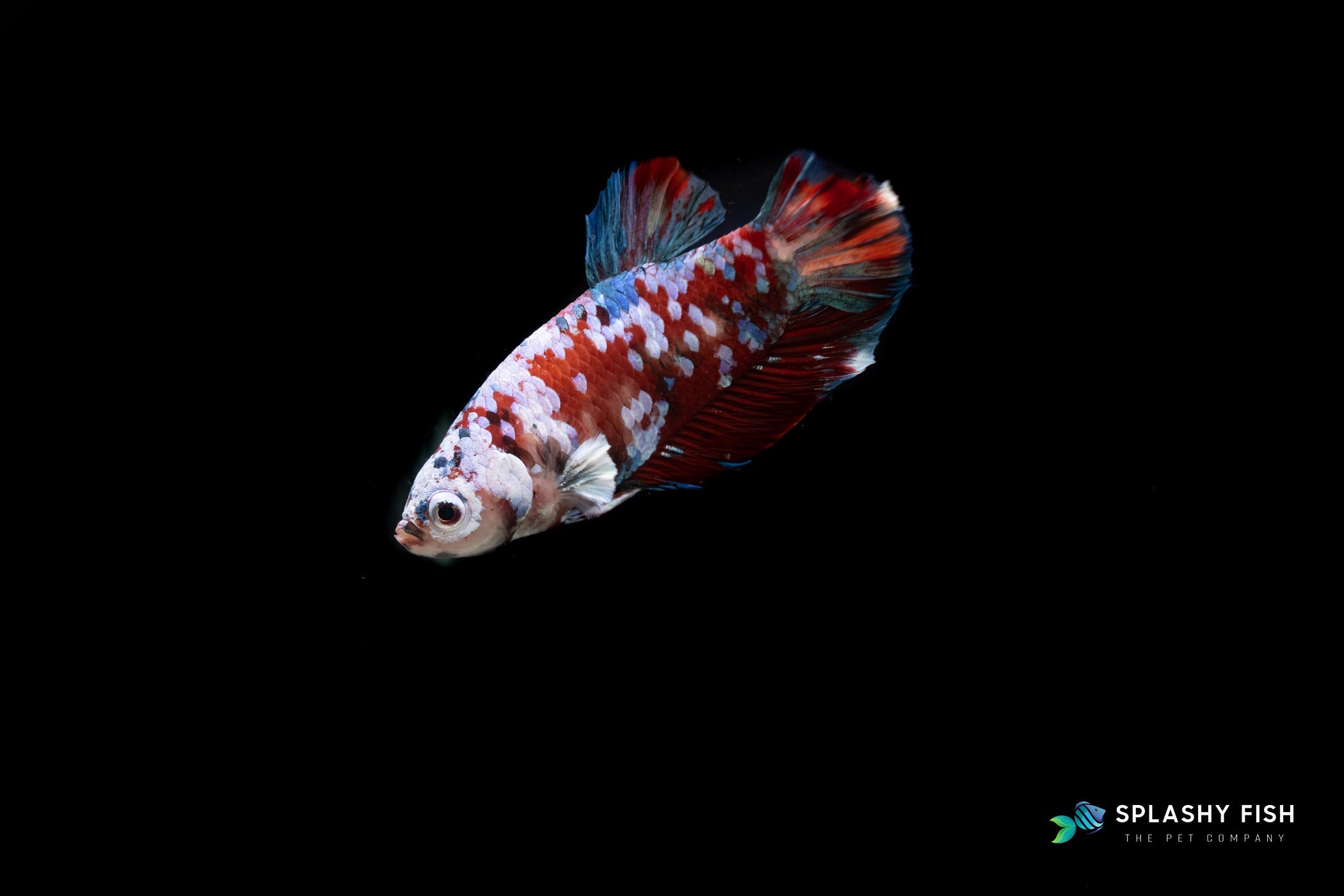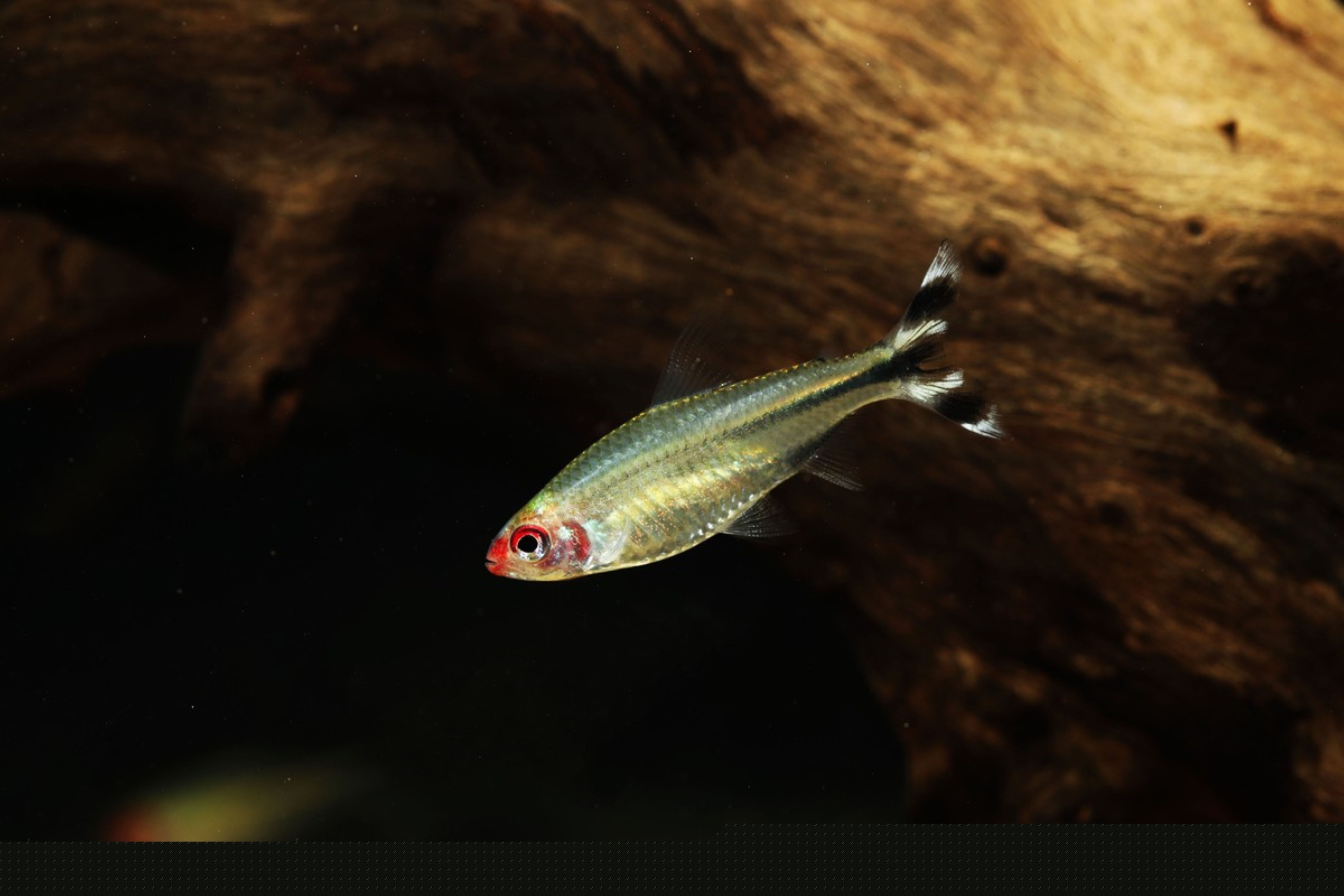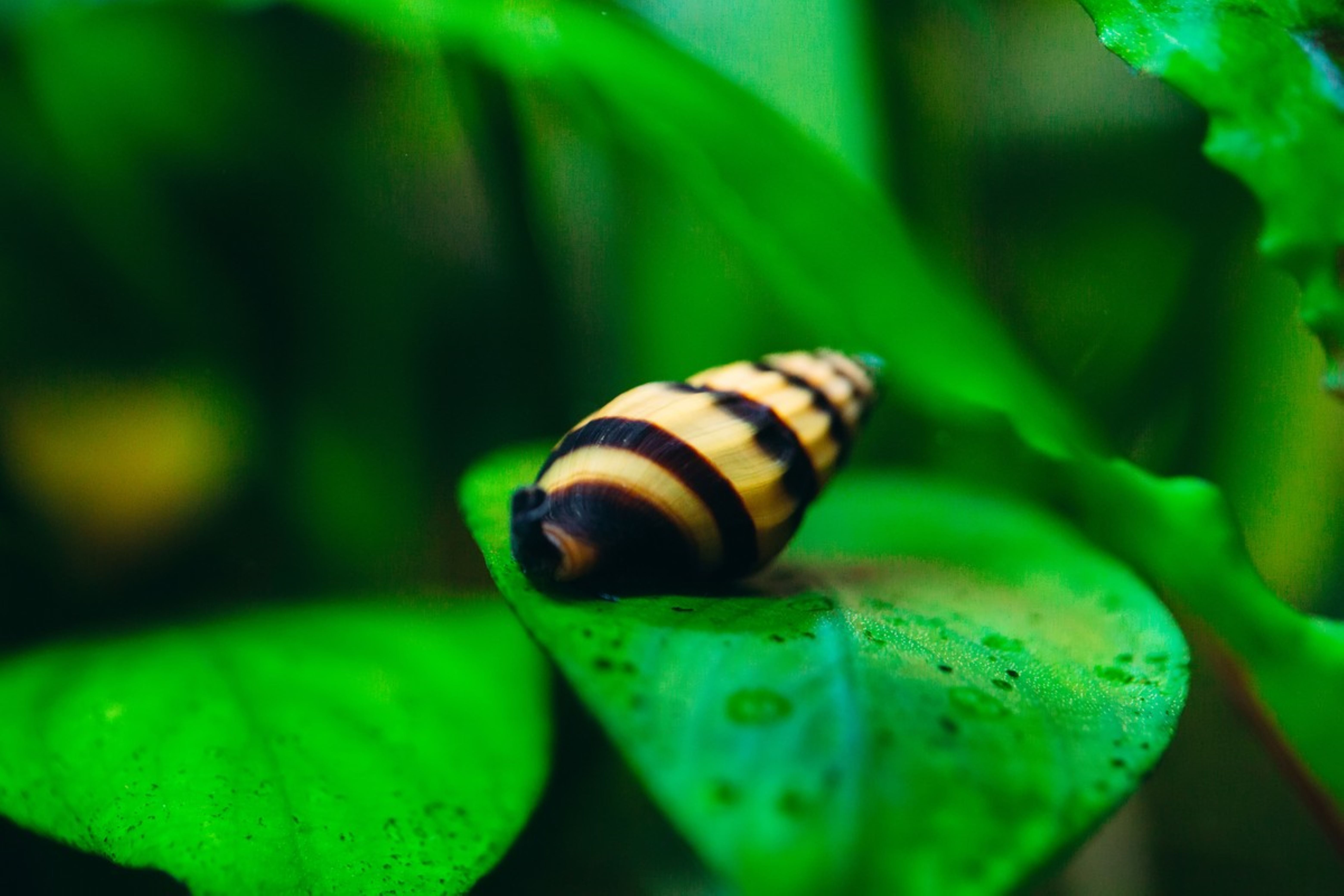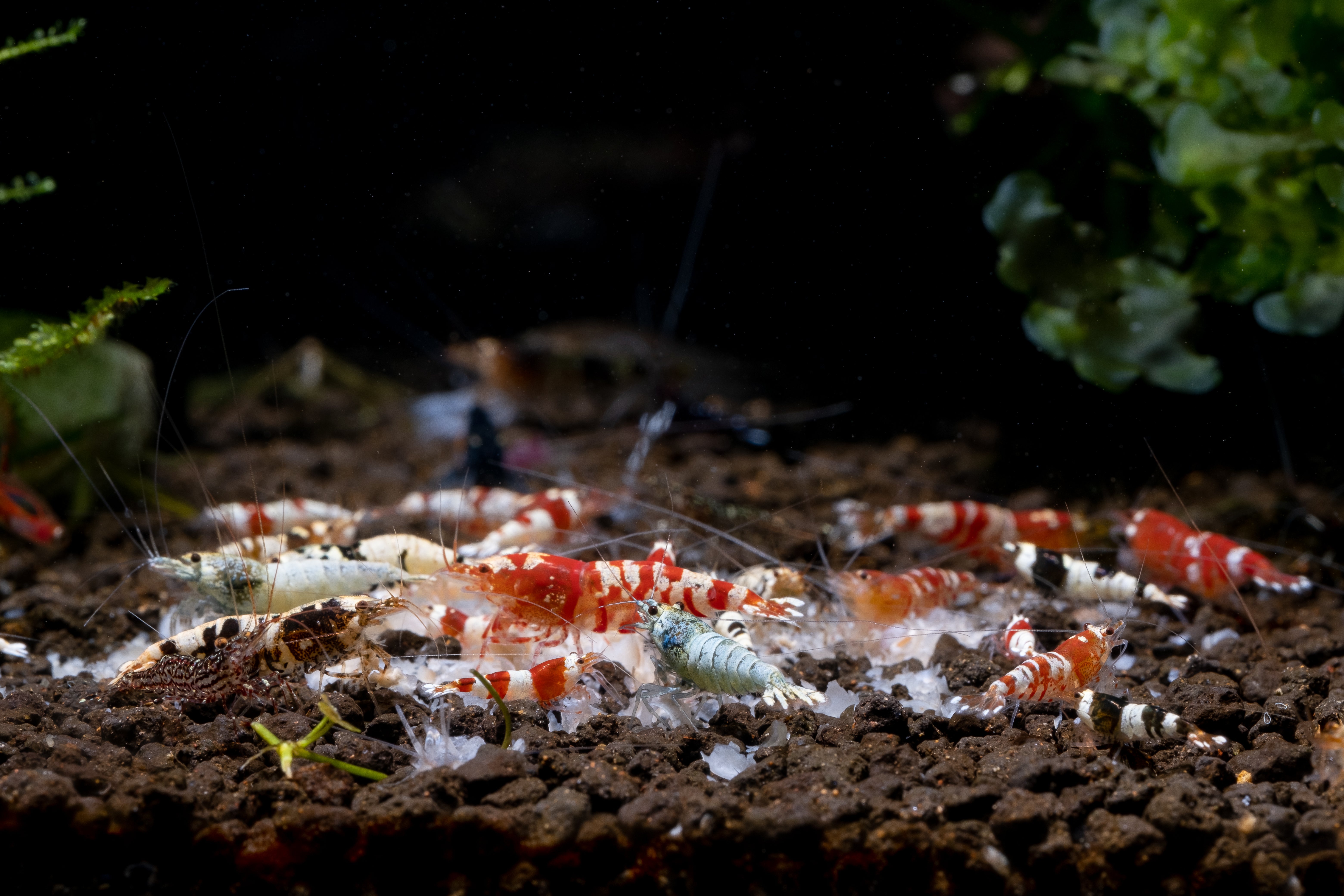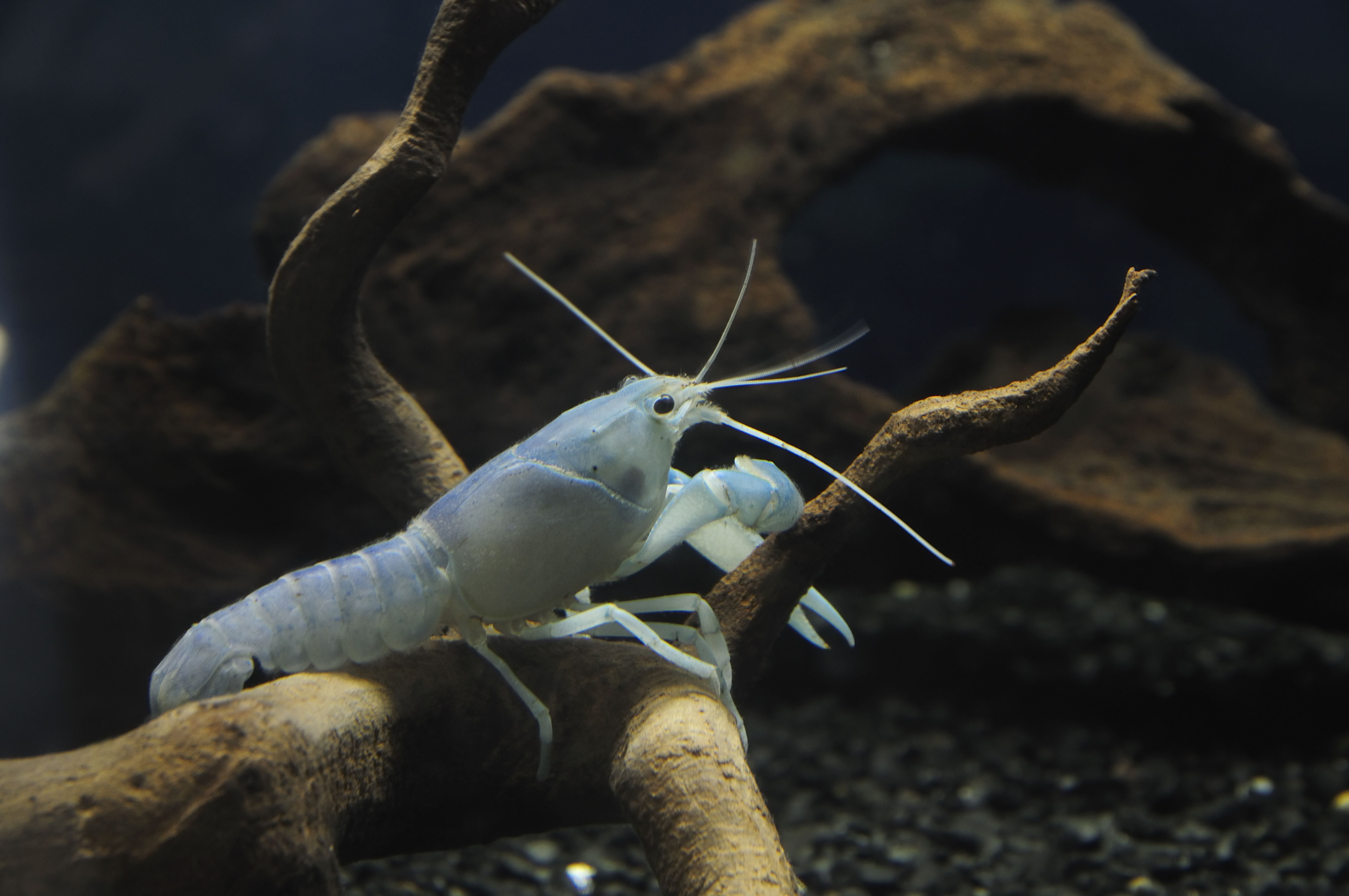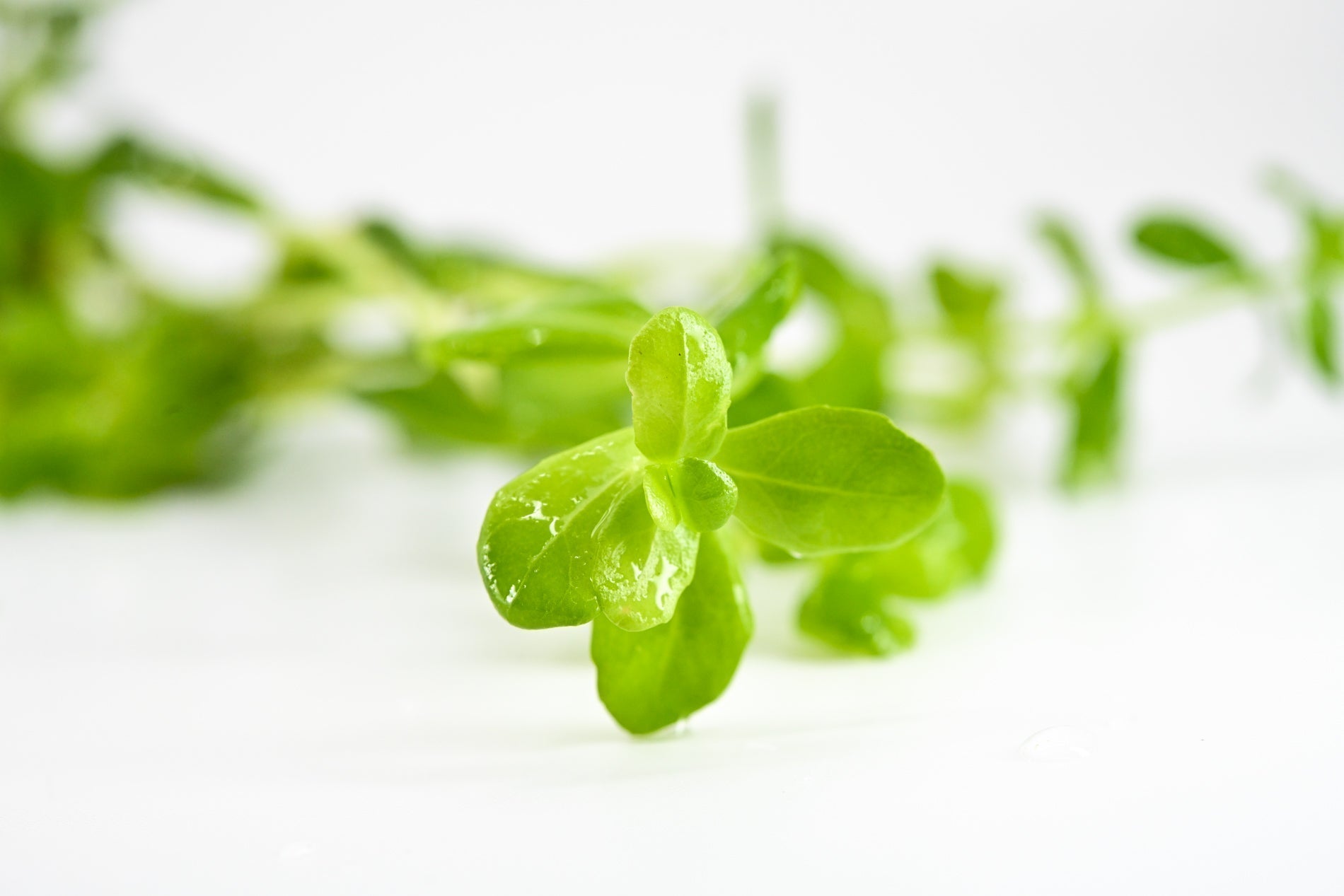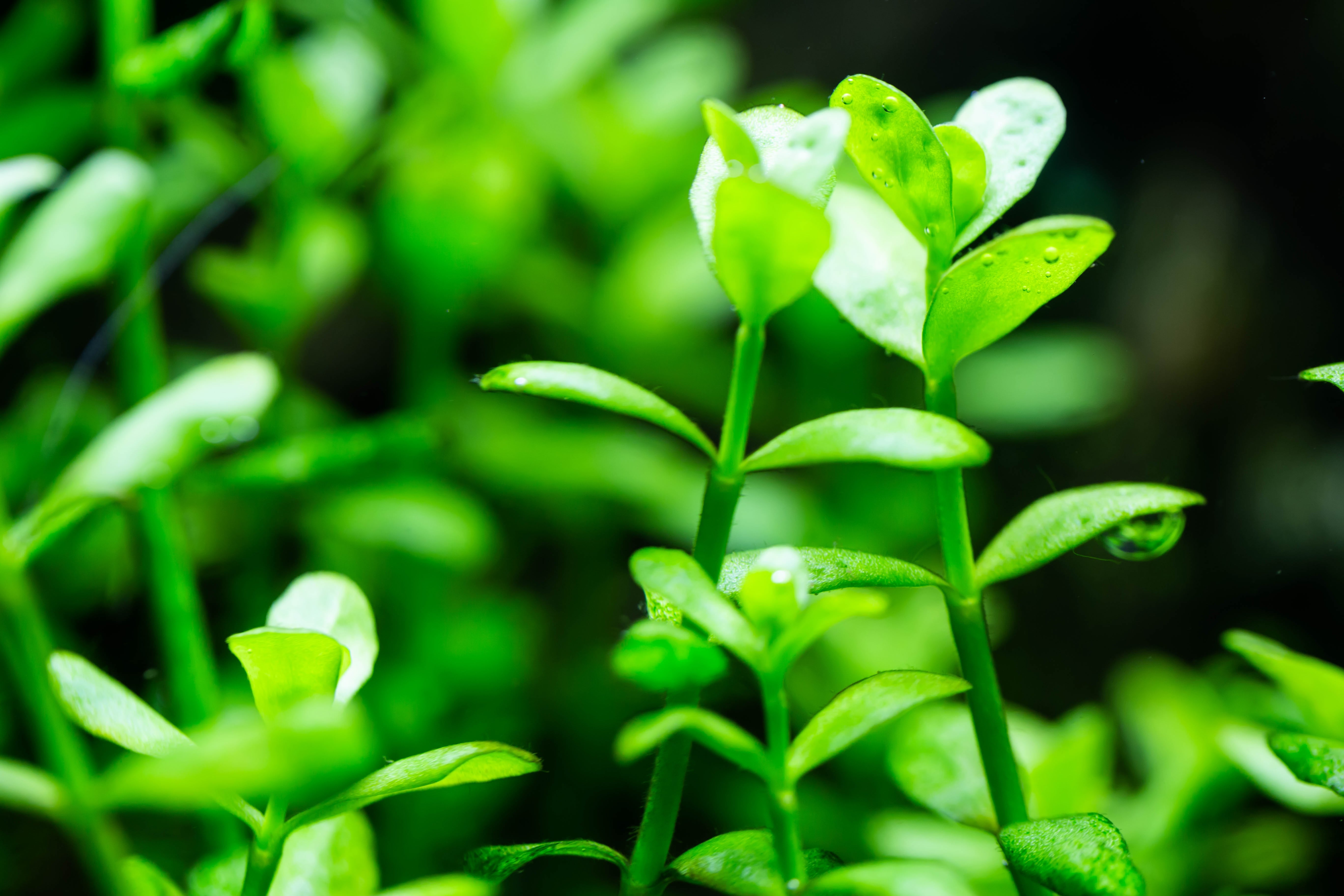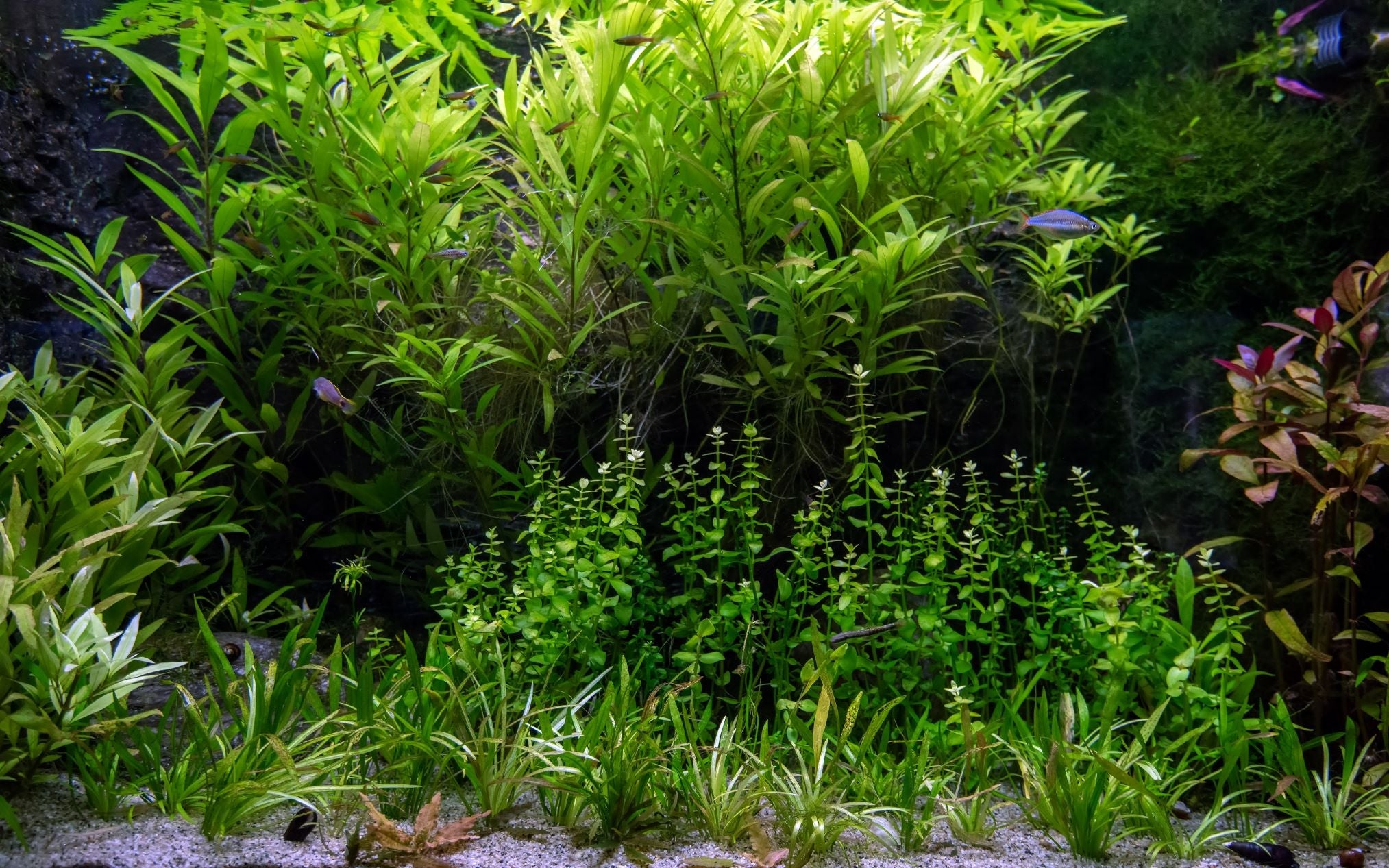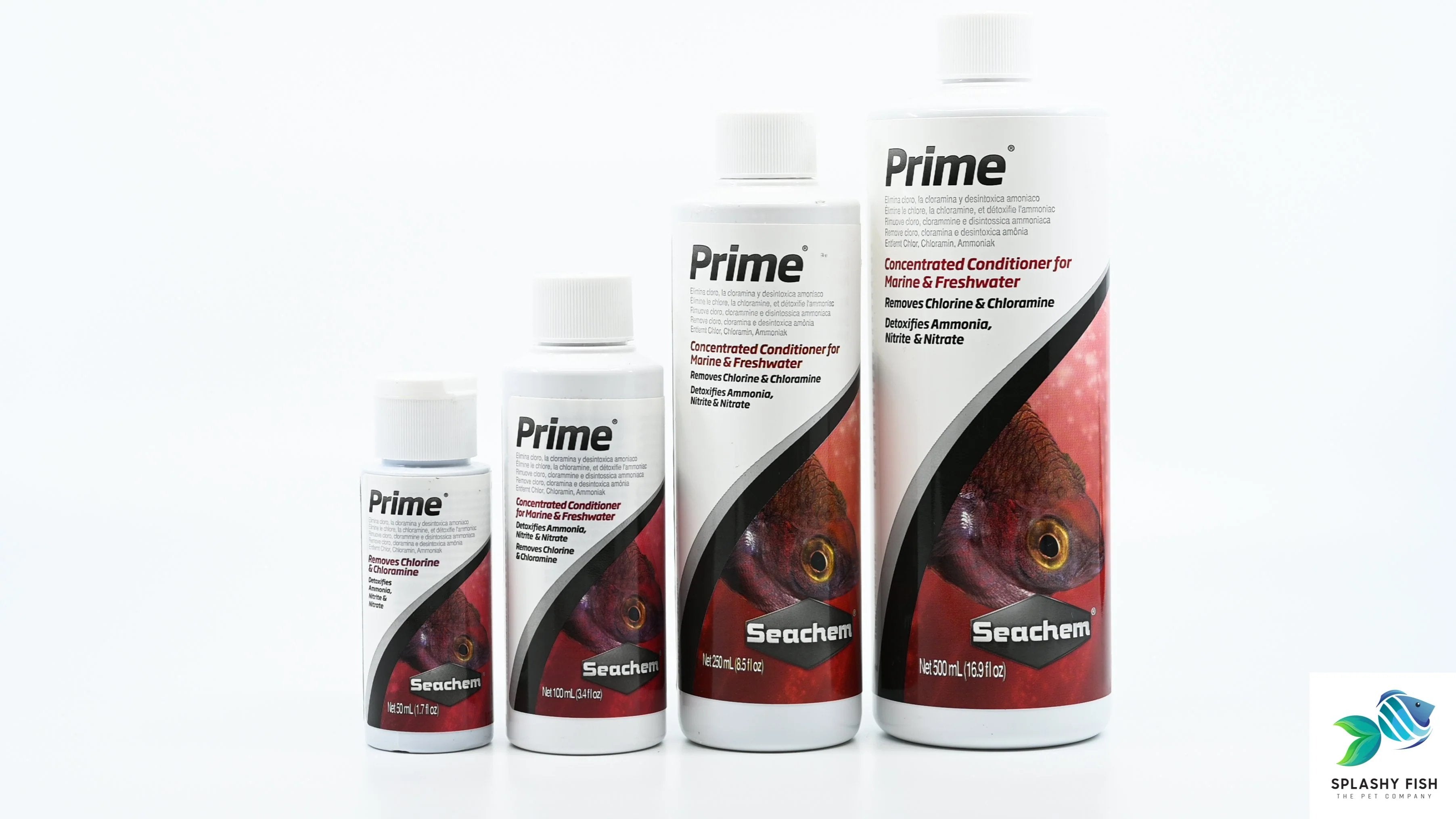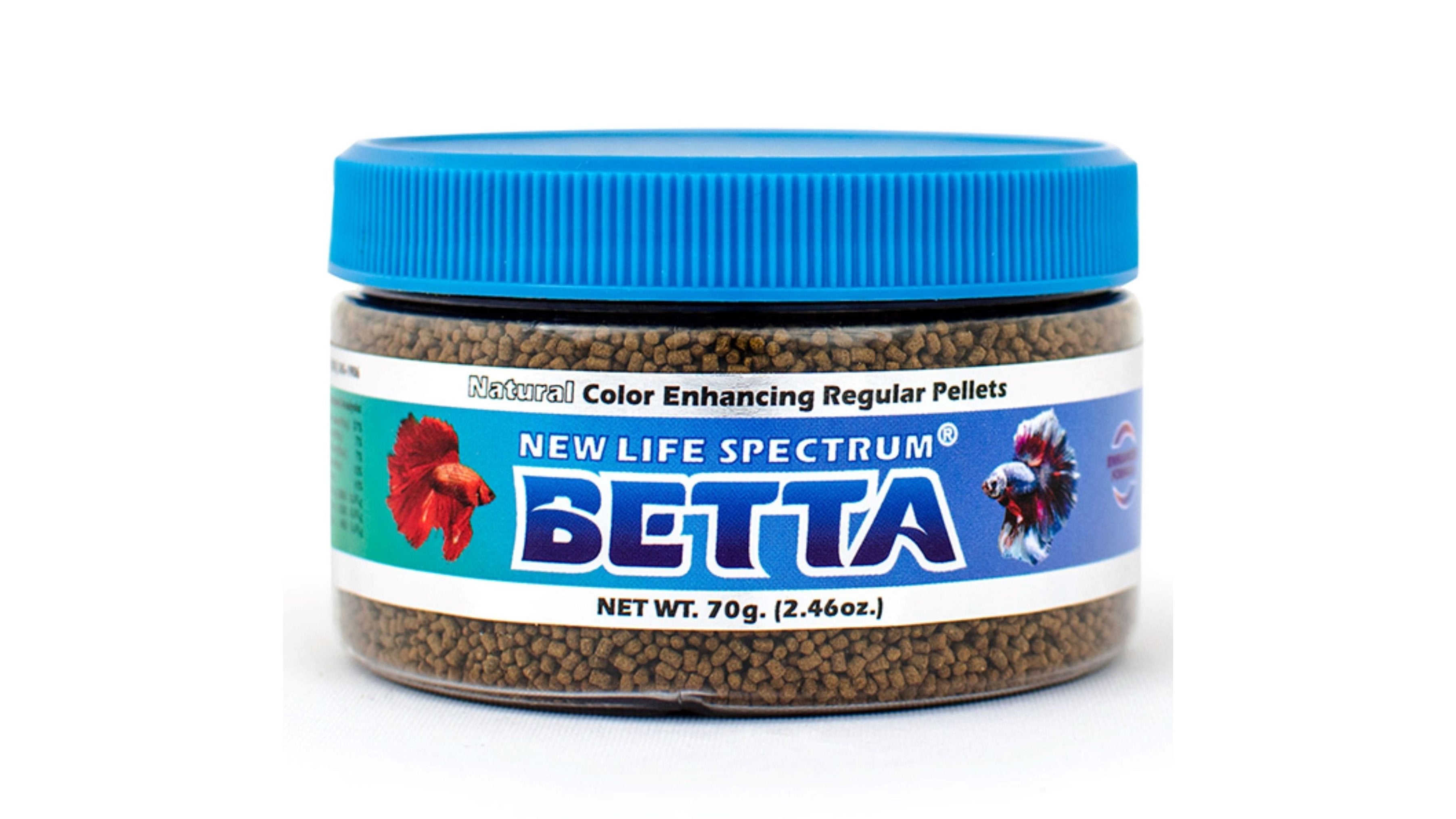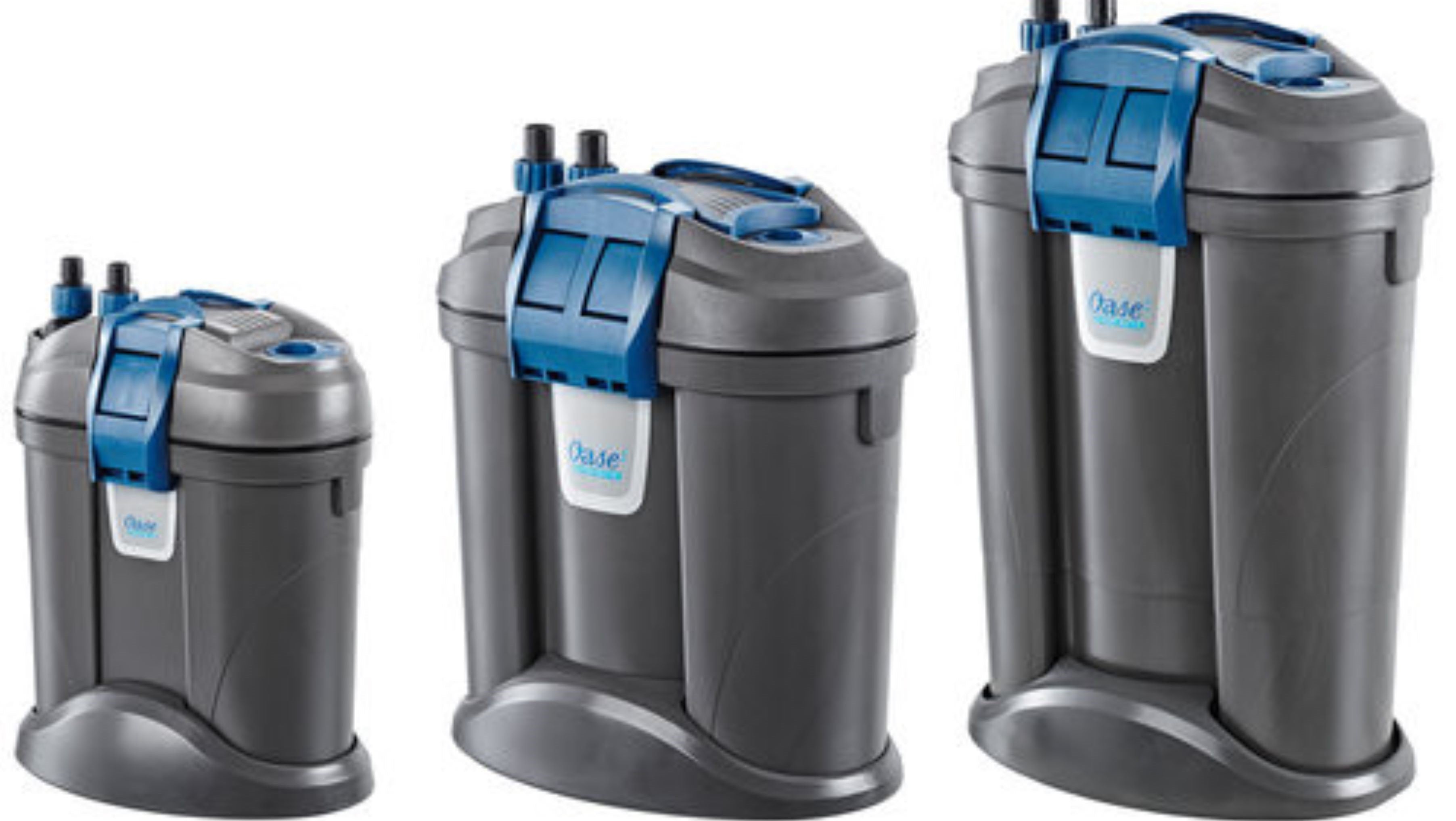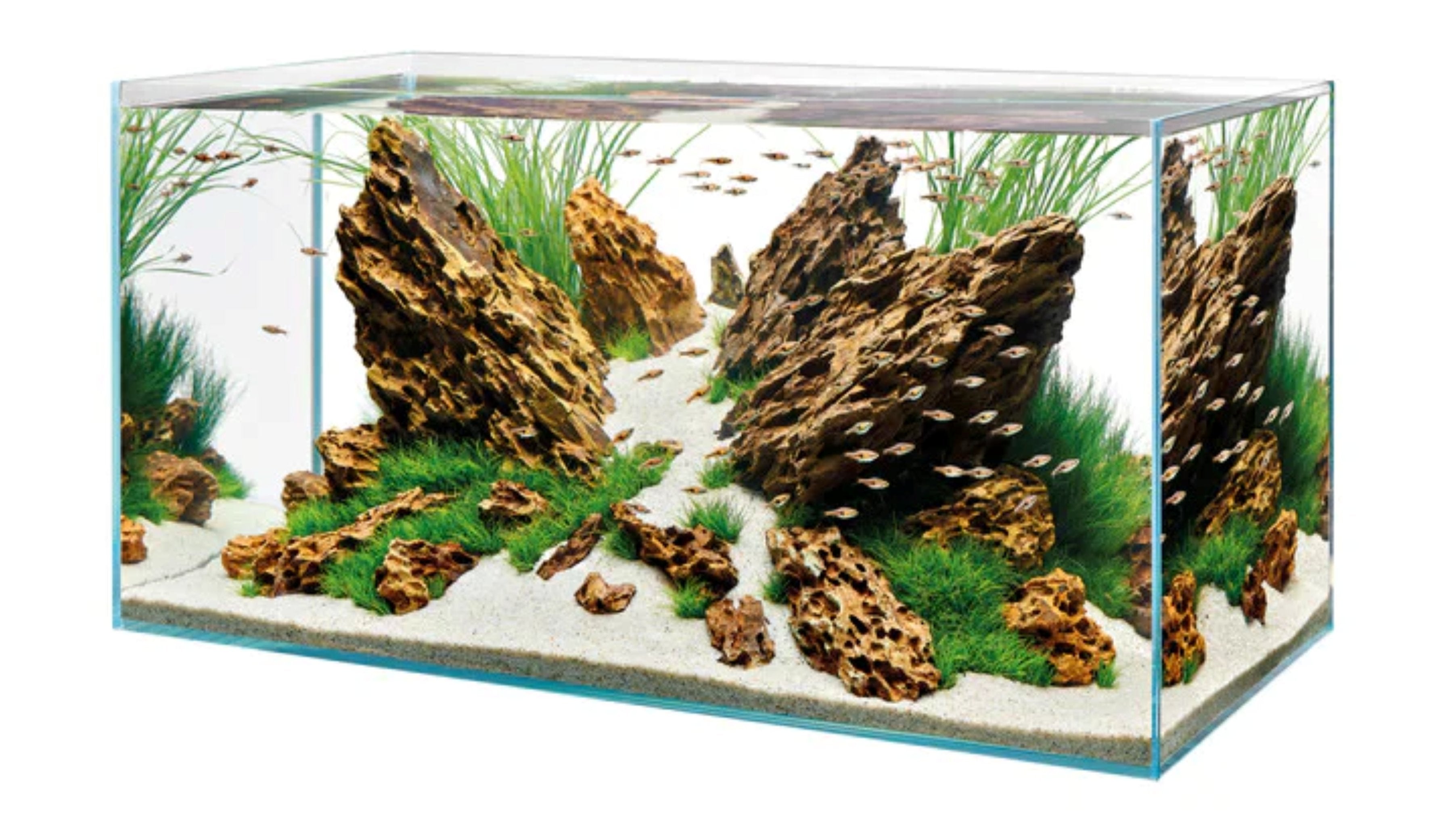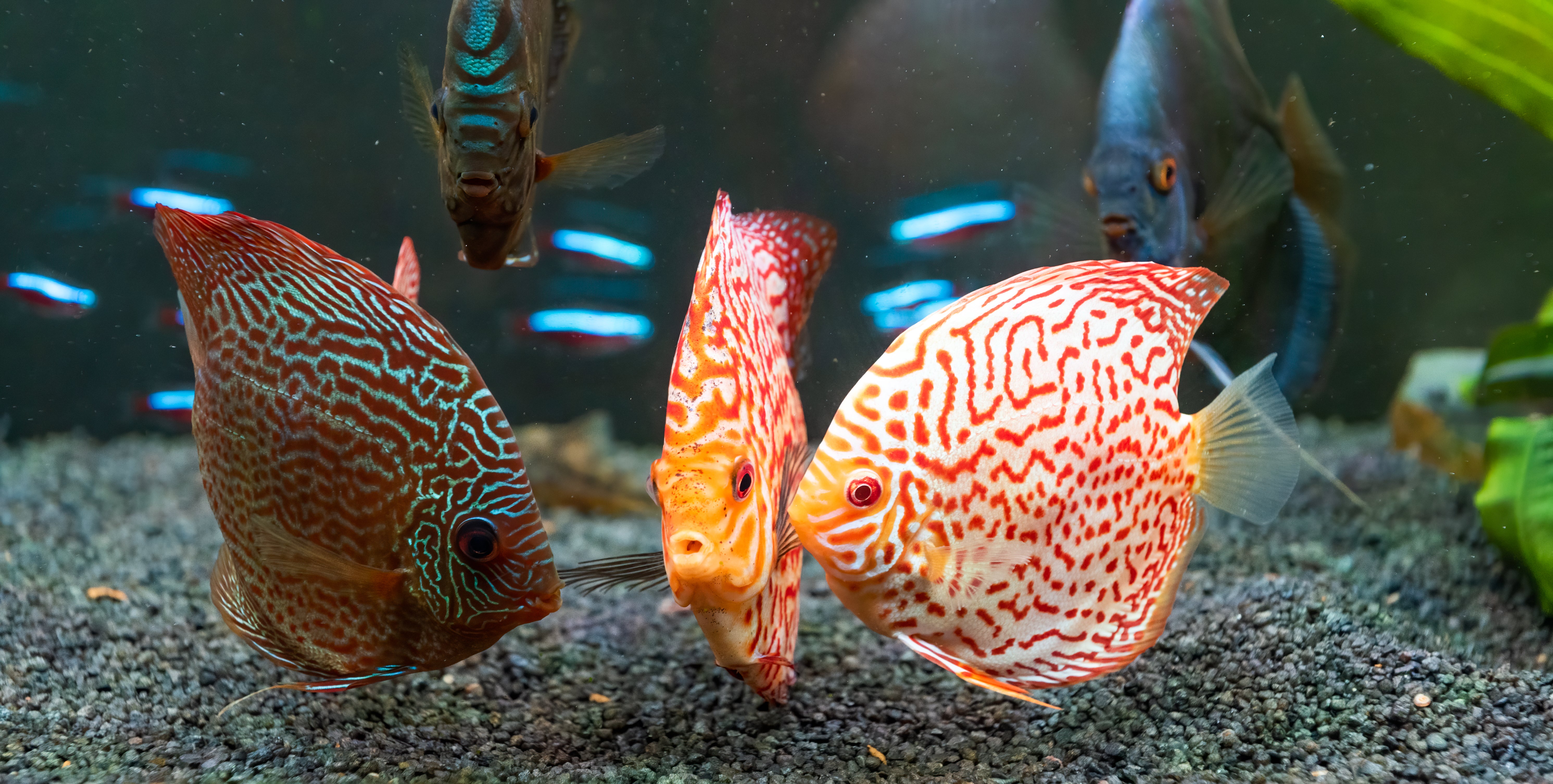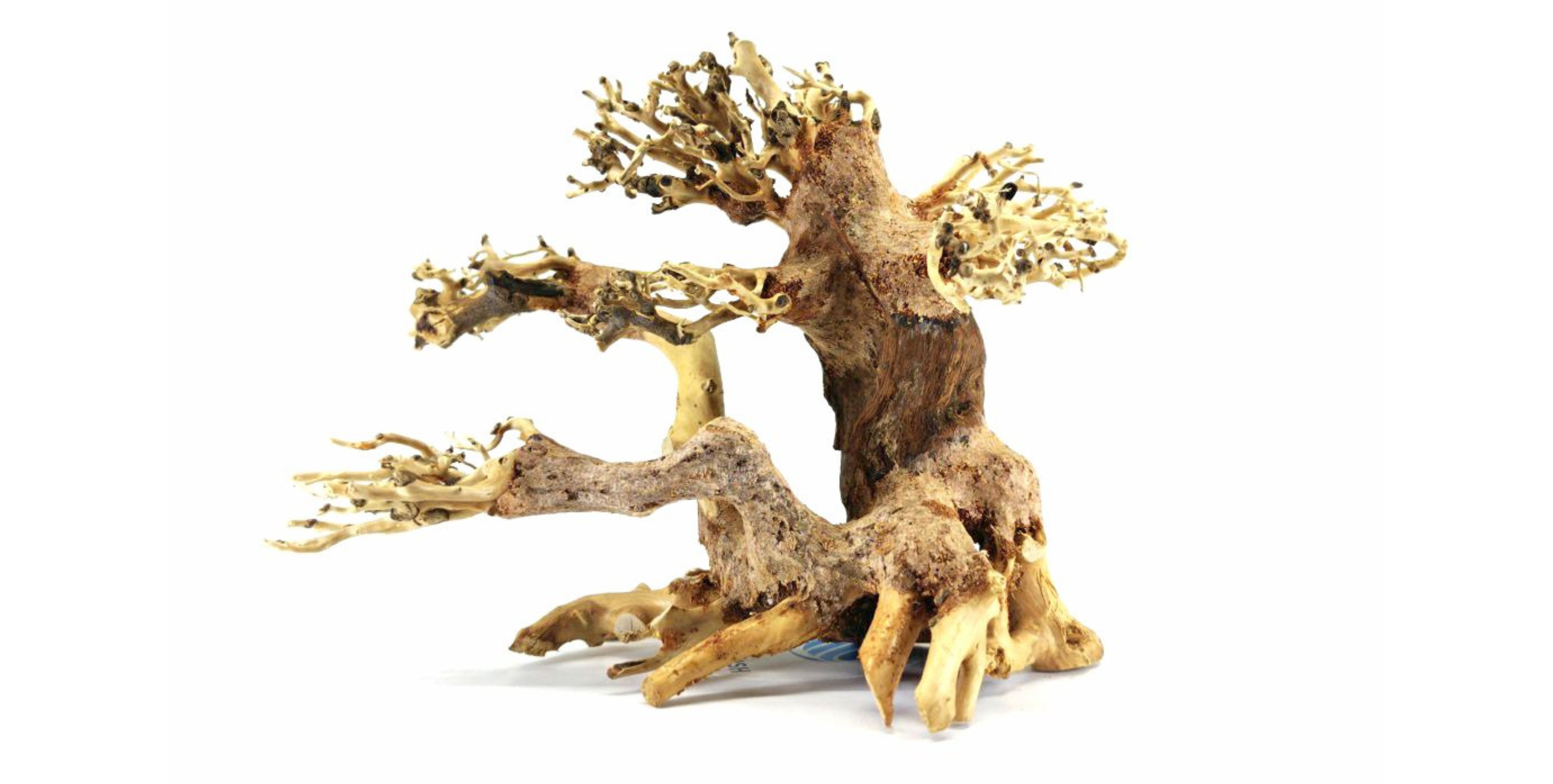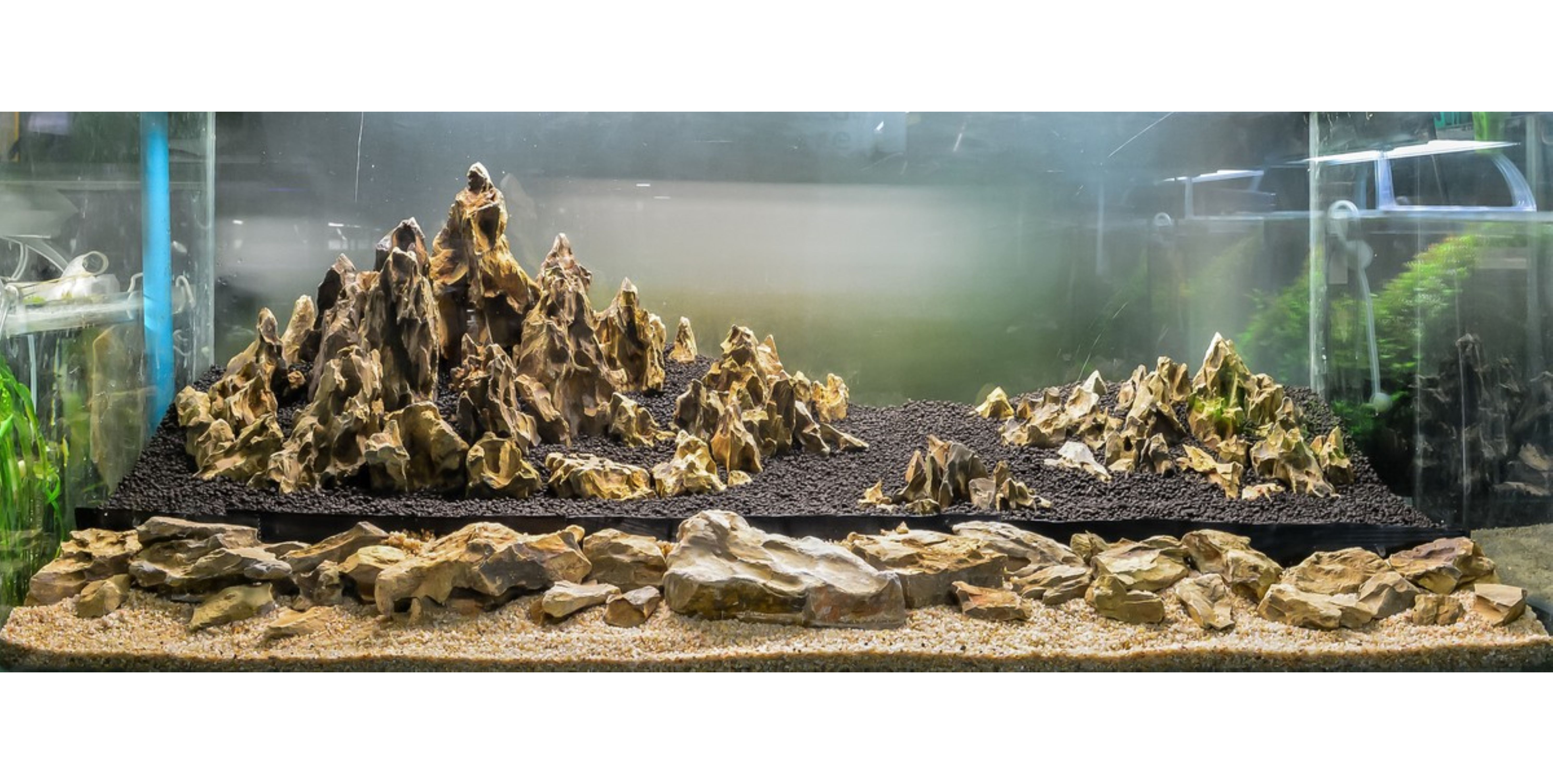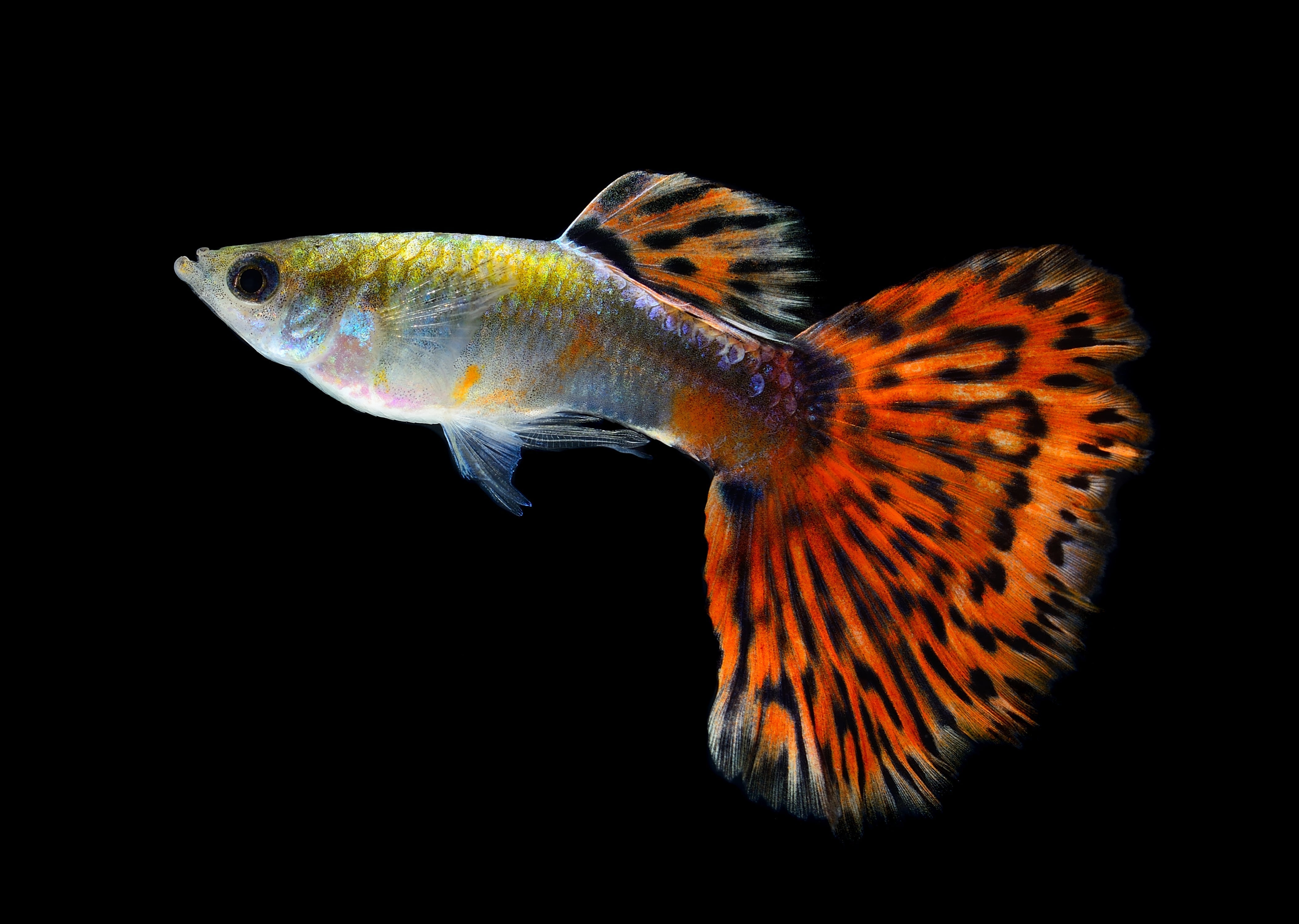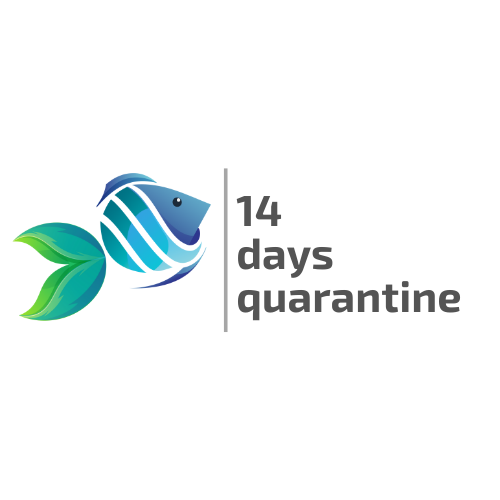Table of Contents
A well-balanced and nutritious diet is crucial to the health, growth, and longevity of your guppy fish. Ensuring your beloved aquatic friends receive the proper nourishment not only supports their well-being but also enhances their beautiful colors and active behavior. With such a wide variety of fish foods available, selecting the best options may appear overwhelming. That's why it's essential to understand your guppy fish's dietary needs and preferences for their optimal health.
In our guide, we'll explore the fundamentals of a guppy fish's diet, including feeding recommendations and top food choices to promote their health and vitality. With expert advice from Splashy Fish, a leading provider of high-quality freshwater fish, shrimp, aquatic plants, and premium fish food, you can confidently nourish your guppy fish and watch them thrive in their vibrant aquatic world.
1. Understanding Guppy Fish Dietary Needs
Guppy fish are omnivorous, meaning they naturally consume both plant and animal-based food sources. In the wild, their diet consists primarily of algae, insect larvae, and small crustaceans. To ensure optimal health and well-being, provide your guppy fish with a diverse and nutritionally rich diet that includes a mix of high-quality commercial foods, live or frozen foods, and even some vegetable matter. Striving to mimic their natural feeding habits will support growth, reproduction, and overall vitality in your guppy fish.
2. Using High-Quality Commercial Foods
The foundation of a balanced guppy fish diet begins with high-quality commercial foods specifically formulated for guppies or other small tropical fish. These foods provide essential nutrients and come in various forms, such as flakes, micro pellets, or granules. To ensure you are providing the best diet, offer a product with high protein content (approximately 40-50%) along with essential vitamins, minerals, and other beneficial ingredients like spirulina and omega-3 fatty acids.
When shopping for guppy fish for sale, don't forget to pay careful attention to the nutritional information on the fish food label. Opt for reputable brands, and avoid foods using low-quality fillers or excessive amounts of artificial colorants.
3. Introducing Live and Frozen Foods
Supplementing your guppy fish diet with live and frozen foods is essential for providing variety and essential nutrients absent from commercial food sources. These tasty treats are highly palatable and will encourage guppies' natural foraging instincts, keeping them active and healthy.
Popular live food choices include brine shrimp, daphnia, and mosquito larvae. Before feeding your guppies live foods, ensure they come from a reliable source to eliminate the risk of introducing diseases or parasites into your aquarium.
In addition to live foods, frozen options - such as bloodworms, beef heart, and mysis shrimp - are also nutrient-rich and a convenient alternative. Frozen foods typically maintain their nutritional value and are less likely to introduce pathogens. Thaw frozen foods before feeding to prevent digestive issues in your guppy fish.
4. Incorporating Vegetables and Plant Sources
Although guppy fish primarily consume animal-based foods, vegetables and aquatic plant matter can help diversify their diet and provide essential micronutrients. Spirulina, a type of blue-green algae, is an excellent plant-based food source for guppies, promoting overall health and enhancing their vibrant colors. Many commercial fish foods already contain spirulina, but it's also available in flakes or tablets for supplemental feeding.
Guppy fish can also benefit from occasional offerings of blanched vegetables like peas, spinach, and cucumber. Removing the skins and boiling the vegetables for a few seconds ensures they're soft enough for the guppies to consume. Chop the vegetables into small, easily manageable pieces to avoid choking hazards.
5. Establishing a Feeding Schedule
To keep guppy fish healthy and avoid overfeeding or pollution, it's essential to establish a consistent feeding schedule. Adult guppy fish generally do well when fed small portions two to three times a day. Offer enough pellets, flakes, or other food products that can be consumed within two to three minutes per feeding. Guppies such as blue tarzan guppy, koi guppy have small stomachs, so providing frequent, small feedings helps them digest and process food more efficiently.
When feeding live or frozen foods, offer them as a nutrient-rich treat one to two times per week, replacing one of the regular feedings. This addition offers variety, stimulates activity, and promotes overall health in your guppy fish.
6. Understanding Guppy Fish Lifestages and Baby Guppy Diet
Growing and developing baby guppies, known as fry, have different nutritional needs than their adult counterparts. Baby guppies require more frequent feedings - four to six times a day - to ensure they receive the necessary energy and nutrients for growth. Offer them high-quality, fine powdered or crushed flake food, live foods like infusoria or baby brine shrimp, or specially formulated fry food.
As the guppy fry grow and mature into juveniles, gradually adjust their feeding schedule and food types to match those of adult guppies. The transition is crucial for developing healthy, robust guppy fish.
Enjoy a Thriving Guppy Aquarium with a Nutritious Diet
By following our comprehensive guide on the guppy fish diet, you can now feel confident in crafting the perfect feeding routine and food choices for your guppy fish. Nourishing your aquatic friends with a well-rounded diet not only ensures their health and longevity but also allows their vibrant colors and lively personalities to truly shine.
Splashy Fish is dedicated to helping you create a thriving aquarium that is both visually stunning and perfectly suited to your guppy fish's needs. Browse our guppy fish collection for an extensive selection of captivating guppy fish, high-quality fish supplies, and premium fish food tailored specifically for your guppy fish's health and happiness. Let us support you on your journey to create a thriving aquatic paradise, and revel in the satisfaction of watching your guppy fish flourish in their beautiful, healthy underwater world.



